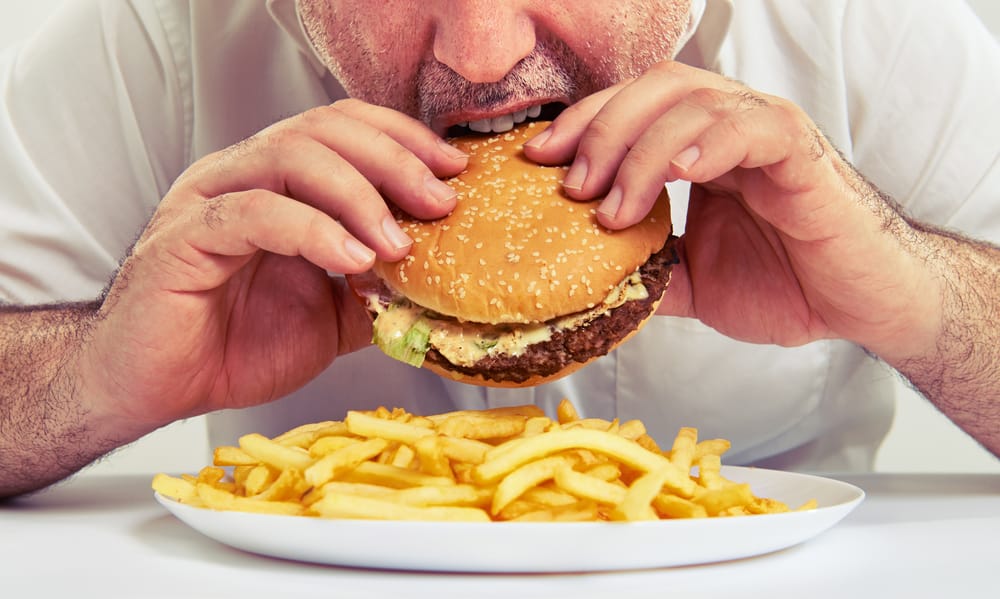A new wave of studies highlights a concerning link between the consumption of ultra-processed foods high in omega-6 fatty acids—commonly found in seed oils—and the rising rates of colon cancer among younger adults. With colon cancer now one of the leading cancers in people under 50, experts are investigating whether modern diets are partly to blame.
What Are Ultra-Processed Foods?
Ultra-processed foods are those made with industrial formulations, often containing additives, refined oils, sugars, and preservatives. These include items like:
- Packaged snacks
- Frozen meals
- Sugary cereals
- Fast food
These foods tend to be rich in omega-6 fatty acids, derived from seed oils like corn oil, soybean oil, and sunflower oil, which are used extensively in their production.
The Omega-6 and Colon Cancer Link
While omega-6 fatty acids are essential in small amounts, excessive consumption can lead to chronic inflammation, a known risk factor for cancer. Recent studies suggest that the imbalance between omega-6 and omega-3 fatty acids in modern diets is fueling inflammation in the gut, potentially increasing the risk of colon cancer.
In particular:
- Seed oils are often overused in fried and processed foods.
- This overexposure may lead to a pro-inflammatory state in the body, damaging gut health over time.
- Researchers have observed higher rates of colon polyps and early-stage cancer in younger adults consuming diets high in these oils.

Rising Colon Cancer Cases in Younger Adults
Colon cancer has traditionally been a disease affecting older populations, but recent trends show a sharp rise among adults under 50. Key contributing factors include:
- Dietary Shifts: The Western diet is increasingly dominated by ultra-processed foods high in omega-6 fatty acids.
- Lifestyle Factors: Sedentary lifestyles and low dietary fiber intake are compounding risks.
- Delayed Screenings: Many younger individuals do not undergo regular screenings, delaying diagnosis.
What Can Be Done?
Reducing exposure to seed oils and ultra-processed foods may help lower the risk of colon cancer. Here’s how to make healthier choices:
- Cook at Home: Use oils with lower omega-6 content, like olive oil or avocado oil.
- Increase Fiber: Add more fruits, vegetables, and whole grains to your diet.
- Limit Processed Foods: Choose fresh, whole foods over packaged or fast food options.
- Balance Omega-3 and Omega-6: Incorporate omega-3-rich foods like salmon, walnuts, and flaxseeds.
Final Thoughts
There is a newfound concern about the link between rising rates of colon cancer in younger adults and a diet of seed oils and ultra-processed foods. Although more evidence is required, limiting consumption of these foods and shifting towards a whole-foods-based plan might be a worthwhile step to gut health and cancer risk reduction.
As people wake up to the hazard, public health work should include teaching consumers about the threat posed by ultra-processed foods and the value of balanced eating.


